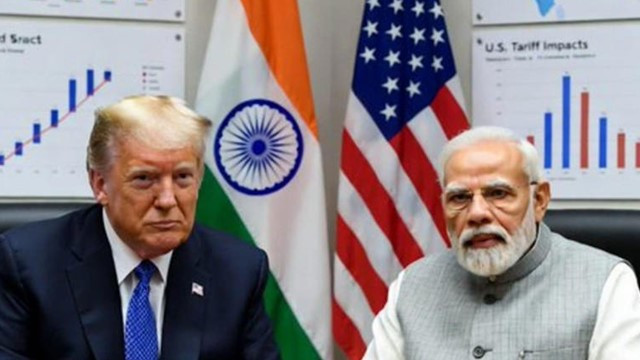৩০ মাঘ ১৪৩২
Spy Ring Crackdown Intensifies Across India Following ‘Operation Sindoor’
06 June 2025 00:06 AM
NEWS DESK
In the aftermath of a covert national security operation dubbed “Operation Sindoor,” Indian authorities have ramped up arrests across several states, detaining multiple individuals suspected of espionage activities. The crackdown has swept up civilians, security personnel, and government employees alike, raising serious concerns within the intelligence community.
Among the high-profile arrests is Haryana-based YouTuber Jyoti Malhotra, whose alleged connections with espionage networks are under investigation. In Punjab, YouTuber Jasbir Singh was also arrested earlier this week, with police confirming communication between him and Malhotra.
On Monday, the National Investigation Agency (NIA) conducted raids across Kolkata, subsequently interrogating travel agent Mohammad Masood Alam over suspicious financial transactions. Authorities linked these developments to earlier arrests, including that of Central Reserve Police Force (CRPF) soldier Moti Ram Jat in Delhi. Additional arrests were made in Punjab and Rajasthan on Tuesday.
A senior Kolkata intelligence officer, speaking anonymously, noted, “Spies exist in every country, but their movements become more visible during times of political or military tension. In wartime, even small pieces of everyday information can carry significant strategic value.”
Experts warn that what makes the current scenario alarming is the inclusion of individuals with direct access to sensitive military and administrative data. Moti Ram Jat’s arrest, in particular, has sent shockwaves through the Indian security apparatus.
Another intelligence officer emphasized the severity of such breaches: “Military espionage, especially from within, is a critical threat. Information like troop movement, unit sizes, or classified infrastructure plans—if leaked—can compromise national defense.”
According to retired Colonel Shantanu Roy, an expert in military intelligence, “Only a select few have access to top-secret military data, and those individuals are usually kept in isolated postings with minimal outside contact. Breach of confidentiality is punishable by court martial, dismissal, and even life imprisonment under India’s Official Secrets Act.”
Meanwhile, authorities maintain that military insiders are rarely used directly for espionage operations. Instead, handlers typically rely on civilians, often lured with ideological influence, financial incentives, or coercion.
While many details of Operation Sindoor remain undisclosed, it is evident that India’s security agencies are on high alert, aiming to dismantle any network that may be compromising national interests. The involvement of multiple state agencies, increased surveillance, and widespread raids signal a significant escalation in counterintelligence efforts.
The broader implication, experts warn, is that espionage in the digital age—where much is accessible online—still relies heavily on human assets for reconnaissance and region-specific insights. And with suspects ranging from ordinary citizens to trained personnel, the threat is both complex and deeply embedded.
Authorities continue to investigate the extent of the breach and are likely to make more arrests in the coming days as part of this expanding operation.



















Comments Here: